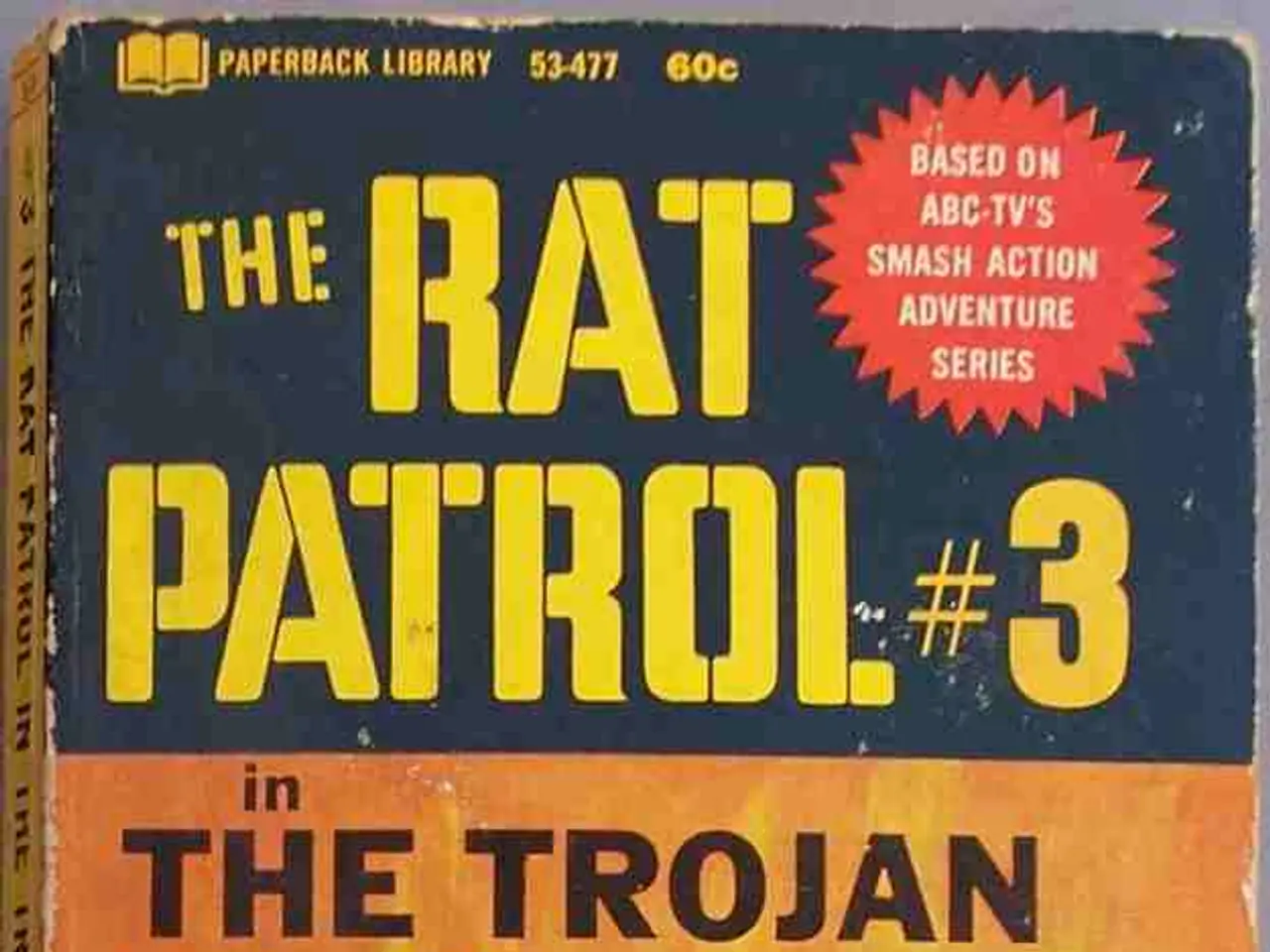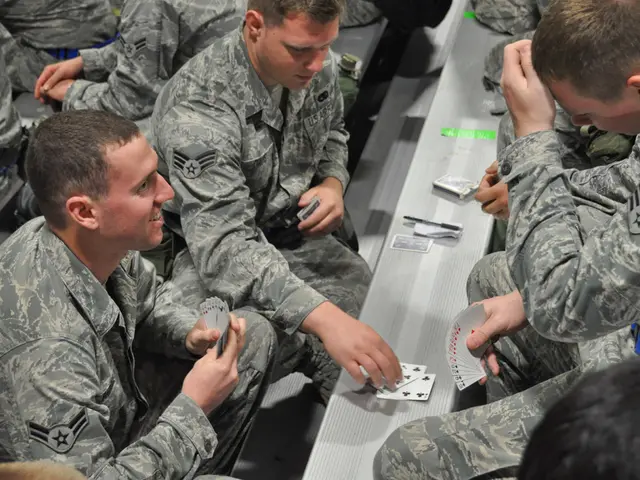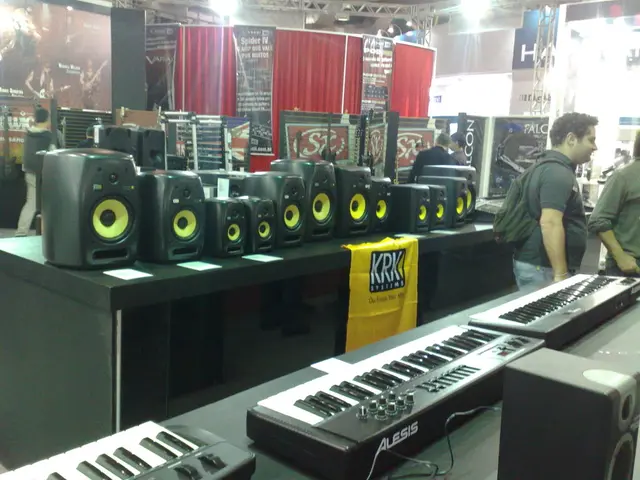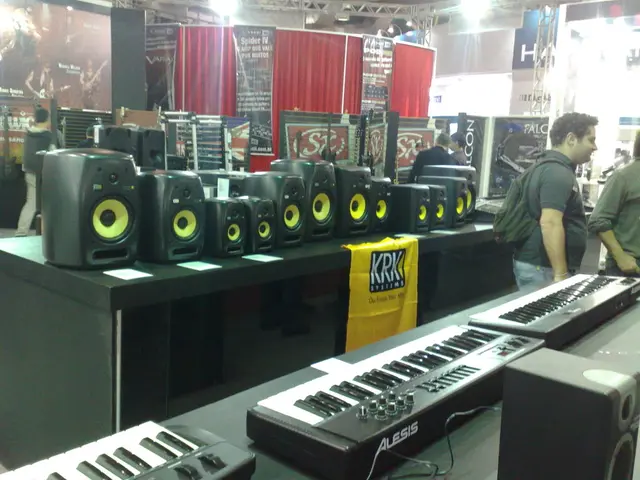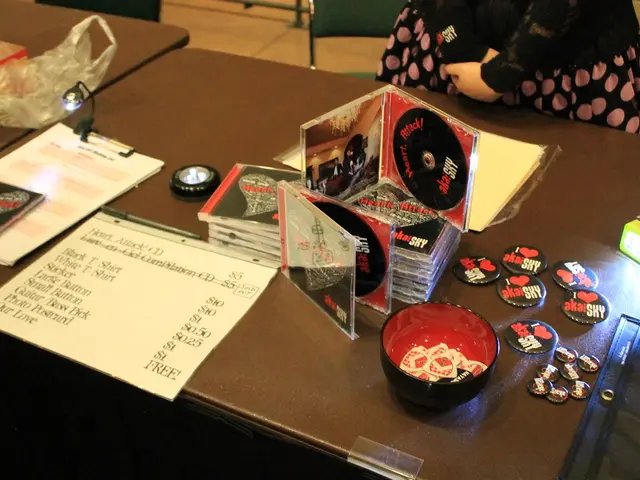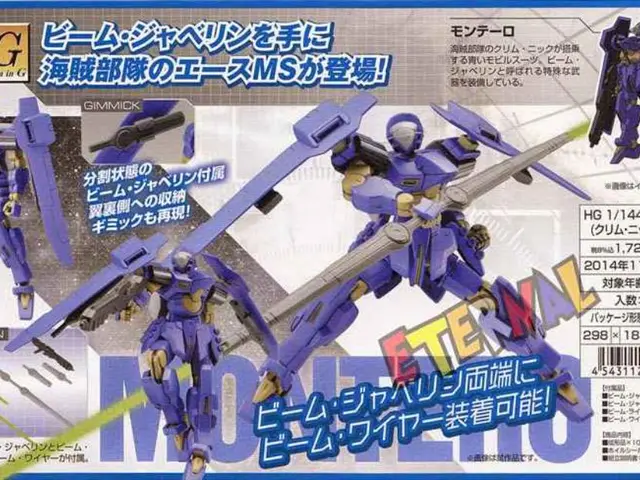The substantial funding and exorbitant expenses associated with the casino-style gambling machines on American military bases
In the heart of Seoul, South Korea, during his deployment after the September 11, 2001 attacks, United States Army officer Dave Yeager stumbled upon a chamber of casino-style slot machines. For Yeager, a father of two children under the age of 5, the encounter was unexpected, as he had never encountered slot machines on a military base before.
Yeager, who was feeling lost and overwhelmed during his deployment, felt an instant pull towards the slot machines. Despite his initial reservations, he believed trying his luck on the machines couldn't worsen his situation. However, as he began to play, he noticed his shoulders relaxing—a moment of reprieve amidst the stress of his deployment.
This incident underscores the need for responsible gambling policies within the U.S. military, particularly on overseas bases where slot machines, unlike in the United States, are permitted. The Army Recreation Machine Program (ARMP) and similar programs for each service branch operate slot machines primarily on overseas bases, with a focus on promoting responsible gambling practices.
Key aspects of these efforts include partnerships with the National Council on Problem Gambling (NCPG), the use of revenue for Morale, Welfare, and Recreation (MWR) activities, increased focus on addiction awareness and support, and calls for enhanced prevention and treatment. Revenue from slot machines funds various non-gambling recreational activities like libraries, golf courses, and bowling alleys on bases, while efforts are made to raise awareness about gambling addiction and provide resources and treatment.
However, experts and veterans, including Dave Yeager, emphasize the need for expanded education, screening, and addiction services to better protect military personnel. Veterans and researchers urge the military to screen for problem gambling and provide treatment access to mitigate financial, behavioral, and disciplinary repercussions linked to gambling addiction.
Bipartisan lawmakers and organizations like the NCPG are advocating for federal funding to support research, screening, and treatment programs focused on gambling addiction within military and veteran populations. This support is crucial in addressing a growing mental health concern within the military community.
While Yeager's encounter with the slot machines provided a momentary respite during his deployment, it serves as a reminder of the importance of responsible gambling policies within the military. As the military continues to serve and protect, it is equally important to ensure the well-being of its personnel, addressing issues like gambling addiction head-on.
Engaging in casino games, such as slots, within a casino-and-gambling culture can offer temporary relief during challenging times, as veteran Dave Yeager experienced. However, it's crucial to emphasize the significance of responsible gambling, particularly within the military, where programs like the Army Recreation Machine Program (ARMP) focus on promoting responsible practices, screening for problem gambling, and providing treatment access for military personnel to combat gambling addiction.
